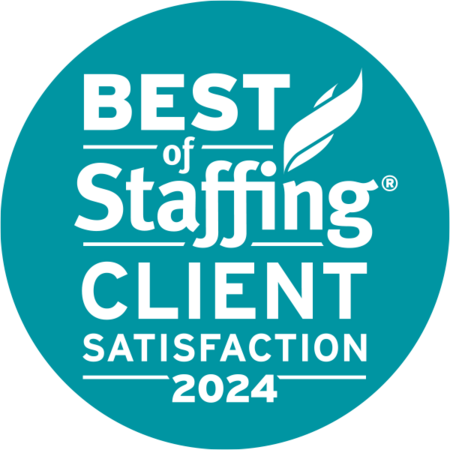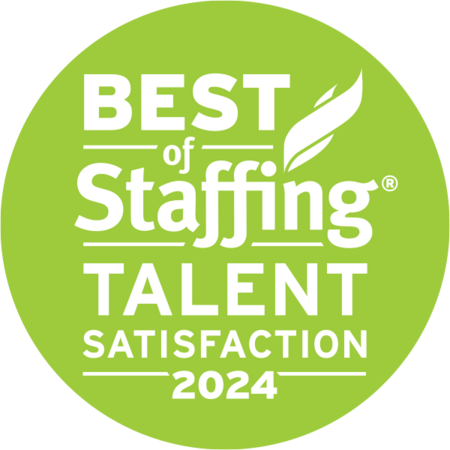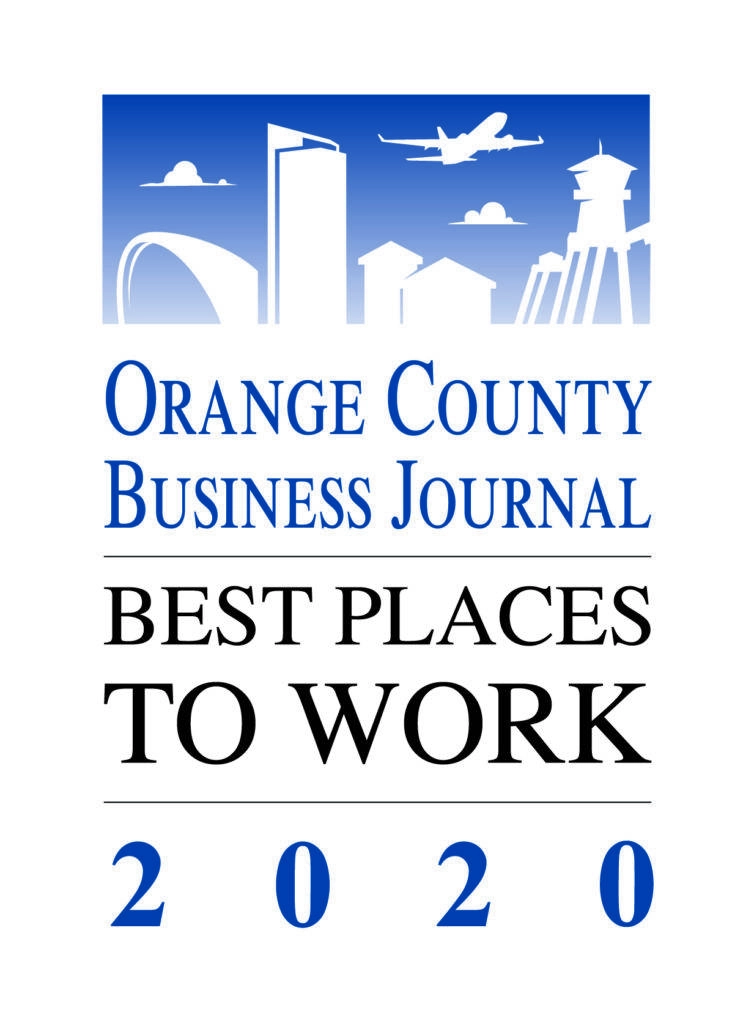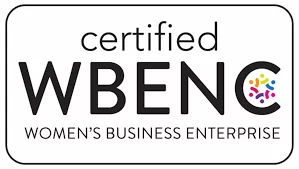Many jobseekers name workplace culture as one of their top reasons for seeking a new opportunity. A recent LinkedIn survey found that 40% of candidates prioritize culture as the top consideration when assessing a job, indicating an organization’s values, reputation, practices, and personality can have a huge impact on professional satisfaction.
For that reason, you’ll want to look beyond the generous sign-on bonuses, competitive wages, and non-traditional perks offered in today’s Accounting and Finance labor market. Take the time to research and assess whether a potential organization’s culture aligns with your professional and personal values, goals, and purpose.
Here are several tips for evaluating company culture before accepting an offer.
Know Your Purpose and Preferences
Approximately one in four employees originally lured away by high salaries and ultra-competitive benefit packages, now say they regret their decision. Many have found their new jobs don’t live up to expectations, or they feel an overall misalignment of values and cultural fit, and they are on the job hunt again. So, before you consider a career transition, do some soul-searching.
Know what you value most. First, think about what motivates you. Is it autonomy or collaboration? Is it a geographical move or a new title indicating your specialty or rank in the company? Maybe it’s establishing a mentorship with an accomplished colleague. Consider what drives you toward success and satisfaction.
Next, determine how your core values and beliefs align with the new company. Are you passionate about DEI, community or volunteer work, or leadership development? What policies, committees, taskforces, programs, and initiatives does the employer have in place that reflect your core values?
Finally, consider your professional preferences and priorities. What do you need to perform well? Maybe it’s flexwork options, work-life balance, or transparency in upward mobility? Perhaps it’s well-defined professional development opportunities. Map out the short- and long-term goals you hope to achieve with the employer.
Research the Company
Take a close look at the company’s reputation. Examine how the organization presents itself and what others are saying. Start with reviewing its website. Are the corporate values and mission visible and celebrated? Is the company authentically living its purpose while engaging employees, clients, and the community?
Look at the top leaders. How are they involved in advancing corporate culture, values, and beliefs? Also, look to the media. A Google search can provide details about any press — good or bad. You should also visit the business’ social profiles on all channels, including LinkedIn, Facebook, Instagram, Twitter, etc. How active is the organization and how does it engage with clients, employees, and the community at large? What are employees and clients saying, and how do they behave on social media?
Ask About Culture During the Interview
The interview itself can give a lens into company culture. Was it too corporate and “by the book”? Was it chaotic and disorganized? Or was it welcoming and positive? The interview process may be an indicator of how the overall organization functions. Be prepared to directly ask about culture:
- How would you describe the company culture?
- Why do you enjoy working here?
- What makes this company’s culture unique?
- What traits would have helped the last person in this role succeed?
- What sets this organization apart from the competition?
- What would you change about the company if you could?
Whether you are virtual or in-person, pay attention to the surroundings during the interview. If meeting in person, arrive early so you can observe the office environment. How does the energy feel and how do employees interact? Oftentimes the first impression is a good indicator of how things are run.
And, after the interview, reflect on how you were treated. Did the interviewer practice active listening? Were you treated professionally? Did you feel uncomfortable at any point? How you were treated during the interview is another potential indicator of how the company is run, and by listening to your intuition you can make the right decision on culture fit.
Corporate culture is a big part of job satisfaction. As you consider new opportunities, culture should be equally weighted with salary, compensation, and perks. There are many ways to evaluate culture. Following these steps provides you with a starting place to carefully examine a future workplace so you can determine if it’s the right fit.
Looking for a new job or planning for an interview? Alliance Resource Group can help!
RELATED ARTICLES
Plan Career Transitions With Intent





